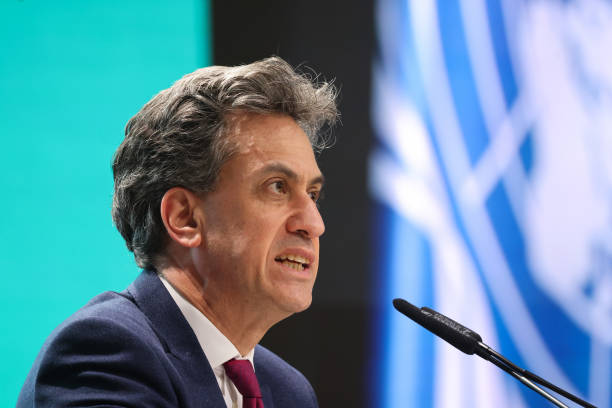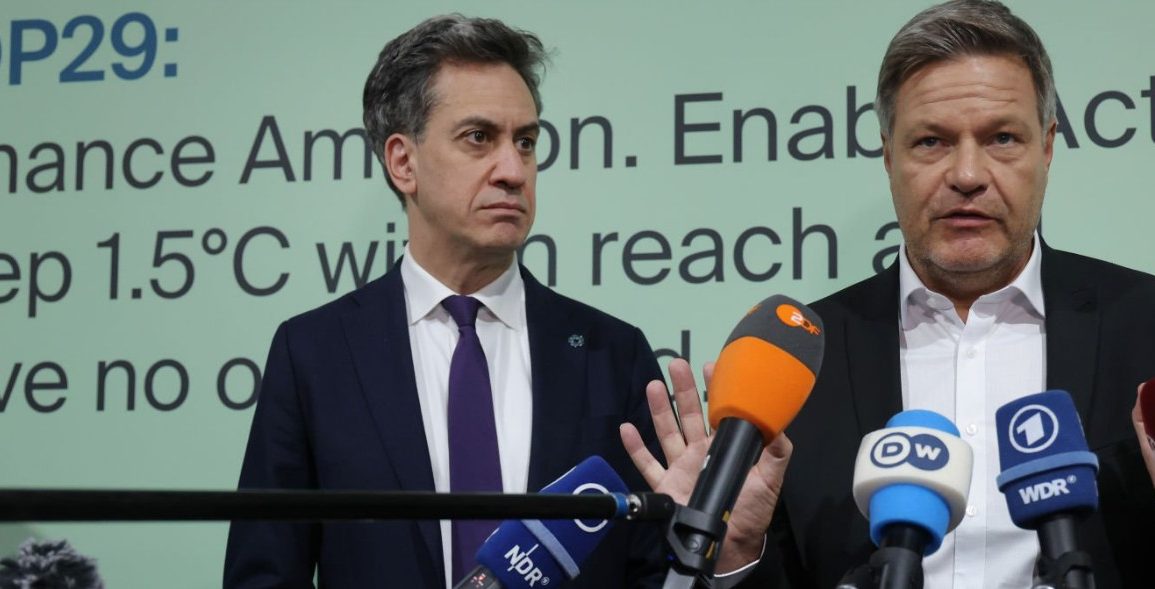According to, UK Energy Secretary Ed Miliband, the transition to renewable energy is now irreversible.
Speaking at the COP29 summit, Miliband emphasized that no government can halt the global shift towards a low-carbon economy.
As countries grapple with the growing impacts of climate change, the economic advantages of adopting renewable energy make this transition inevitable.
Miliband’s comments come amidst challenges at COP29, where political tensions are rising.
The re-election of climate-skeptic Donald Trump and the withdrawal of Argentina’s COP delegation highlight resistance to climate action.
However, Miliband is steadfast in his belief that the transition to renewables is “unstoppable.”
The falling costs of renewable energy and its advantages over volatile fossil fuels ensure that the low-carbon shift will continue, although at a pace that could be faster.

The COP29 summit, hosted by Azerbaijan, is also focused on providing financial support to developing countries, which are bearing the brunt of climate-driven extreme weather.
Miliband stressed that climate finance is not just a moral obligation but in the UK’s national interest, as failure to support poorer nations could lead to catastrophic climate breakdown and global instability.
Miliband has called for increased urgency in government action to ensure this transition happens swiftly.
With the UK’s pledge of £11.6 billion in climate finance for developing countries, the nation is reaffirming its leadership in tackling climate change.
As Miliband put it, “We need developing countries to take the low-carbon path, because otherwise we’ve got no chance of keeping global warming to 1.5C or even 2C.”
Despite setbacks and political hurdles, the global movement toward renewable energy remains a powerful force.
Governments must act decisively, for the sake of future generations and the health of the planet.
The transition is happening, and it’s up to world leaders to ensure it happens at the pace the climate crisis demands.

